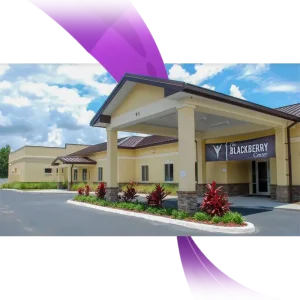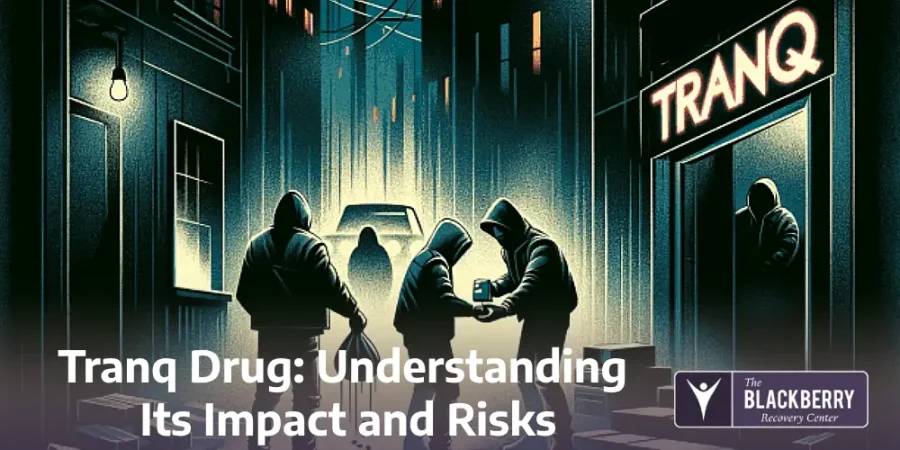Deciding you’re ready to seek treatment for a mental illness is difficult, but the difficulty of getting the help you need doesn’t stop there.
You have many different kinds of mental health care providers to choose from, but how do you find the best mental health facilities for you?
Well, “best” depends on what you need. To help you find your perfect mental health treatment facility, we’re going to go over the different types of mental health facilities.
Residential Treatment Centers
If you are really struggling with your mental health, you may want to consider a licensed inpatient treatment center. These kinds of mental health facilities are often in traditional hospitals, psychiatric hospitals, and residential treatment centers. They can also include alcohol and drug rehabilitation facilities.
This treatment setting is best for those who require intensive treatment and regular monitoring. Because your entire day is structured, you can focus on getting well without having to worry about everyday responsibilities like work or family.
Treatment plans are individualized and comprehensive. By staying at a treatment center, you will experience individual therapy, group therapy, and more. Remember that the length of your stay will depend on the unique challenges you’re facing.
Outpatient Treatment
An outpatient treatment program can be a good choice for those who are able to function in their daily lives, for whom staying in a treatment facility would disrupt their normal routine. Because of its increased flexibility, some patients may even work during treatment.
There are also options for those who require intensive therapy and support, but cannot stay overnight. Intensive outpatient programming features much of the intensity you will find in a traditional inpatient program, so it’s a great option for those who don’t need 24/7 care.
Partial hospitalization programming is also an option. These kinds of programs give patients access to hospital care without requiring any overnight stays.

Different Types of Mental Health Facilities
Dual Diagnosis Treatment Services
In both inpatient and outpatient settings, patients can get help with co-occurring mental health and substance abuse disorders. Because these issues often feed into each other, any treatment must address both issues. This is dual diagnosis. In these treatment programs, you’ll work to treat your addiction and mental health issues at their sources.
Of course, treatment will look a little different depending on if you choose inpatient or outpatient.
In inpatient dual diagnosis treatment, you will receive the best mental health and addiction recovery treatment strategies. This holistic blend of treatment modalities keeps patients busy with recovery activities, which aids in long-term recovery. Additionally, it keeps patients from drinking or using while they receive treatment.
Outpatient care is similar, but obviously there is more freedom. While this freedom can be great for some patients, it increases the risk of relapse for others. For this reason, outpatient dual diagnosis treatment is not generally recommended for people who have relapsed during or after another treatment program.
Get the Help You Need
Whatever mental health facility is right for you, the first step is examining your options. At The Blackberry Center, we offer a variety of care programs to meet your individual needs. That’s how we provide the best possible care for each patient; one size does not fit all with recovery.
Reach out to The Blackberry Center online today. You can also call us at (813) 908-4199.
FAQ
1. What is a residential treatment center?
Residential treatment centers provide 24/7 care for individuals with severe mental health or substance use disorders. Patients live on-site and participate in structured therapy programs.
2. How does outpatient treatment differ from residential care?
Outpatient treatment allows individuals to receive therapy and support while living at home. It’s ideal for those with mild to moderate conditions who don’t need round-the-clock care.
3. What are dual diagnosis treatment services?
Dual diagnosis programs treat individuals facing both mental health issues and substance abuse, integrating care for both conditions.
4. Who should consider residential treatment?
Residential treatment is recommended for individuals needing intensive, long-term care for mental health issues or substance use disorders that cannot be managed at home.
5. Can dual diagnosis treatment be outpatient?
Yes, dual diagnosis treatment can be provided on an outpatient basis for individuals who don’t require residential care but need specialized integrated therapy.






